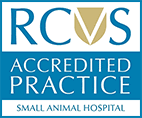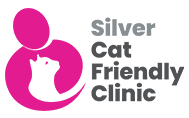Whether you've had good or bad experiences in the past with NHS treatment, there's no denying that having a system where medical healthcare is free is something we are very lucky to have. When it comes to treating pets there is no such system, owning an animal is a luxury that comes with associated costs.
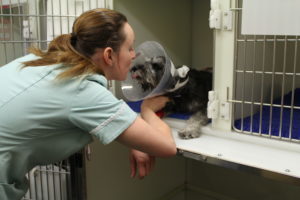 For staff working within the veterinary industry, it can be hard to hear accusations of money grabbing vets, over priced treatment and staff not caring about the animals. Vets and nurses dedicate years of their life training and generally everyone in the industry loves animals (that's why we chose this career path). Within all industries, you may come across someone who is an exception to the rule; there are good and bad teachers, builders, hairdressers etc so if you do find a 'bad vet,' please don't tar us all with the same brush.
For staff working within the veterinary industry, it can be hard to hear accusations of money grabbing vets, over priced treatment and staff not caring about the animals. Vets and nurses dedicate years of their life training and generally everyone in the industry loves animals (that's why we chose this career path). Within all industries, you may come across someone who is an exception to the rule; there are good and bad teachers, builders, hairdressers etc so if you do find a 'bad vet,' please don't tar us all with the same brush.
The Costs - Human vs Animal
Medical treatment isn't cheap, whether it's for animals or humans.
At Brentknoll it costs £38.50 to see the vet for a 15 minute consultation, this fee is paying for the vets time, experience, knowledge, training, the consult assistant restraining your pet, the client care team member on reception, the Practice Manager and admin team that ensure everything runs smoothly behind the scenes. A large practice has many overheads and running costs - maintaining a clinical building means things must be in good repair at all times, insurance, eye-wateringly expensive medical equipment, telephone systems, drug licenses etc.
When you break down the consult fee, vet practices aren't actually 'rolling it in' after the bills and overheads are paid.
When we look at how that compares to human costs - according to government data a ten minute appointment with a GP costs the NHS £45, which is £6.50 more expensive than seeing a vet and you get 5 minutes less time with them (we won't mention that it's also much easier to get a vet appointment at short notice and usually the very same day).
What about surgical costs?
Lets take a human hysterectomy, which is the equivalent of spaying of a female dog.
According to both private and NHS figures, a human hysterectomy costs between £4000 - £8000. At Brentknoll, the equivalent procedure costs £195 - £375 (price dependant on the dogs weight). There is even the option of laparoscopic (keyhole) surgery, the same technique used in human procedures, for just £125 more. Pets will receive no less care or attention for this lower cost either, the procedure involves a Veterinary Surgeon, registered veterinary nurse (RVN) and Kennel Nurse who are all involved in taking care of the animal on the day of surgery. Surgery takes place in a sterile operating theatre and follows the same strict clinical guidelines as in human medicine.
Comparatively, our pets are able to get the same high level of medical healthcare at a much lower cost.
Veterinary Care is Essentially Private Healthcare
If you have ever had to sit on a waiting list for a procedure on the NHS, you know it can take a long time (sadly, there are lots of us needing treatment and only limited facilities to treat us all), so some people choose to skip the queues and go private. By choosing to pay for private treatment you'll receive certain perks that come with these services. Many of the perks that come with private healthcare are actually common place in veterinary medicine and are taken for granted when you take your pet to the vets. Here are some of the ways vet care is great;
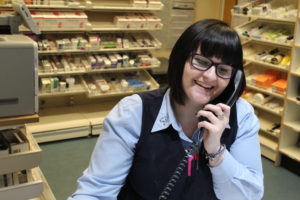 It's easy to get an appointment at a time to suit you, we have long opening hours and are open late until 7:00 pm on weekdays.
It's easy to get an appointment at a time to suit you, we have long opening hours and are open late until 7:00 pm on weekdays.- Unlike most human medical facilities, our vets at Brentknoll are here 7 days a week, so you can even get an appointment at the weekend.
- The phones are manned by a friendly team of receptionists, so you won't be put into a long queue of calls and wait 20 minutes to get through.
- Same day appointments are available.
- If your pet requires tests and treatment, it is usually done the same or at least the following day; so there's no 3 month waiting list.
- You can pick and choose the vet who treats your pet.
Private healthcare is a luxury that not many of us can afford, yet we know that receiving the right treatment quickly can make all the difference when it comes to getting a positive end result. This is why your pet's private healthcare is worth it's weight in gold; a quick diagnosis and starting treatment fast can mean the difference between life and death for your pet.
To make private pet healthcare accessible to everyone, there are many insurance companies offering varying levels of cover to suit all budgets from as little as £5 a month. There are of course smaller financial limits and sometimes lower coverage with cheaper policies, so there are alternatives with higher levels of cover for those able to budget a little more each month (usually equivalent to a gym membership or weekly visit to starbucks!)
Financial Support When You Can't Afford the Vet Bills
If you are thinking about getting a pet but due to limited funds are unable to provide them with the necessary care, perhaps now isn't the best time to take on the responsibility of a pet. If you are able to provide them with the necessities, but would struggle to find funds for unexpected veterinary care, we'd stress the importance of pet insurance; which will allow you to budget and will help pay for those unexpected vet bills (please note it will not cover preventative healthcare like vaccinations and parasite treatment). Despite such recommendations some owners find themselves struggling to pay for their pet's healthcare.
The PDSA
The PDSA are a charity 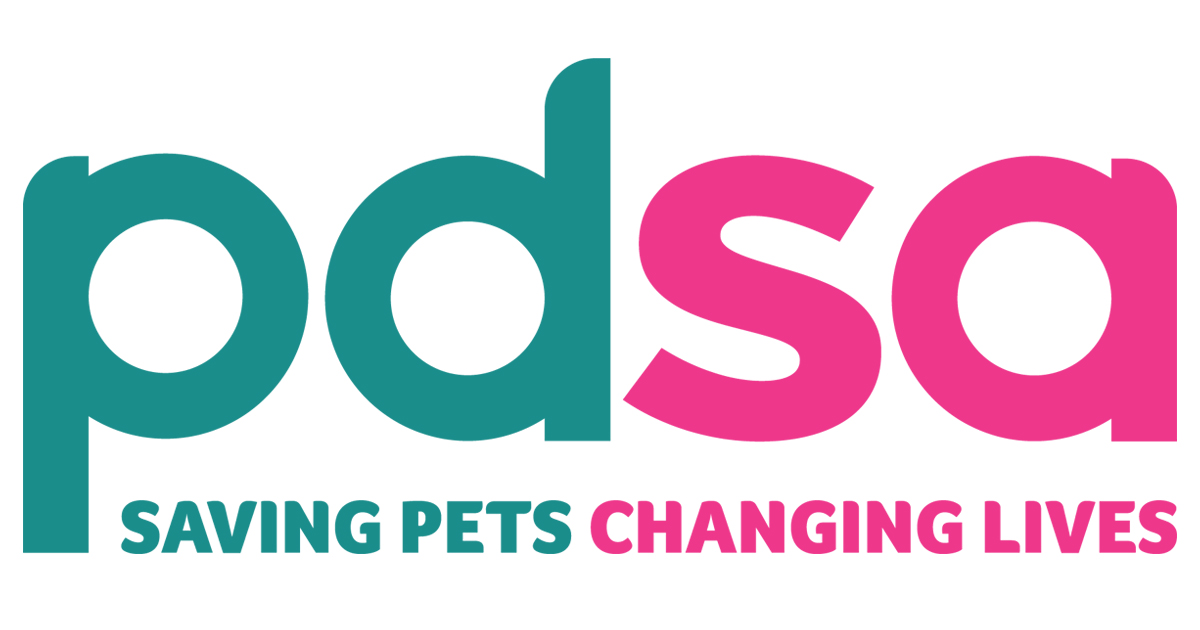 offering advice and medical services for pet owners who struggle to afford veterinary treatment. They receive no government funding and rely solely on donations and fund-raising; so in order to qualify for treatment, you must live within their catchment areas and be in receipt of eligible benefits. To find out whether you qualify, click here
offering advice and medical services for pet owners who struggle to afford veterinary treatment. They receive no government funding and rely solely on donations and fund-raising; so in order to qualify for treatment, you must live within their catchment areas and be in receipt of eligible benefits. To find out whether you qualify, click here
The PDSA actively promote responsible pet ownership, encouraging people to take on only what they can afford and realistically look after, in July 2017 their financial assistance rules changed from providing cover for up to 3 pets to one. They aim to educate owners about appropriate pet care and will encourage people to take out pet insurance (they even offer their own cover find out more here).



